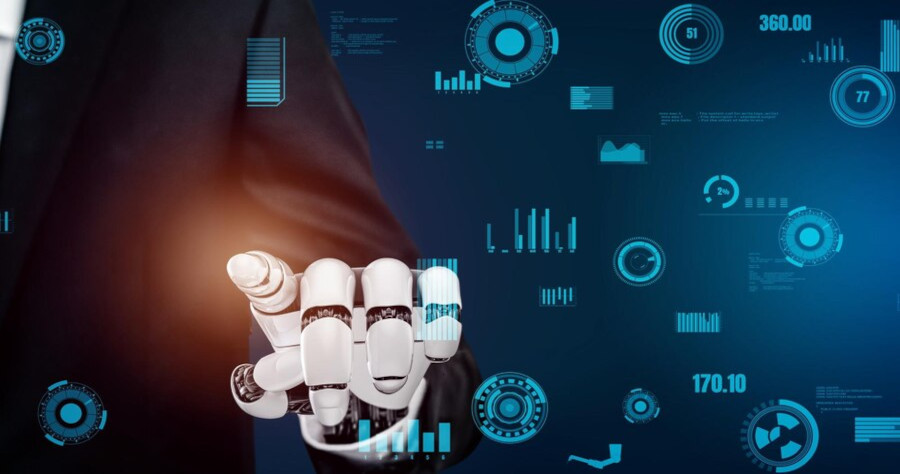AI-powered CRMs rely heavily on data collected from various sources and marketing campaigns, as their algorithms are designed to learn and make predictions based on this data. However, the accuracy and fairness of the algorithm’s results are directly influenced by the quality and representativeness of the data. If the data is biased or incomplete, the AI may produce inaccurate or unfair outcomes, undermining its effectiveness.
One downside of relying too heavily on AI-powered automation is the potential lack of human interaction with customers. While automation can save time and reduce costs, it may also lead to a less personal customer experience. For instance, when faced with complex issues, chatbots often provide limited options or generic answers, lacking the ability to engage in meaningful conversations. Recognizing this limitation, many companies offer alternative options to connect with human sales representatives, acknowledging the importance of human touch in customer interactions.

The presence of AI also introduces cybersecurity risks. With AI-powered CRMs storing and analyzing vast amounts of sensitive customer data, the potential for data breaches and cyberattacks becomes a significant concern. Businesses must implement robust security measures to safeguard this valuable information. Consequently, some companies are hesitant to integrate their traditional CRMs with AI due to these cybersecurity concerns.
Despite the drawbacks, numerous well-known companies have successfully capitalized on AI-powered CRMs, reaping substantial financial gains. While acknowledging the limitations and risks associated with AI, these companies have managed to leverage its capabilities to improve their customer relationships, streamline processes, and drive business growth.

